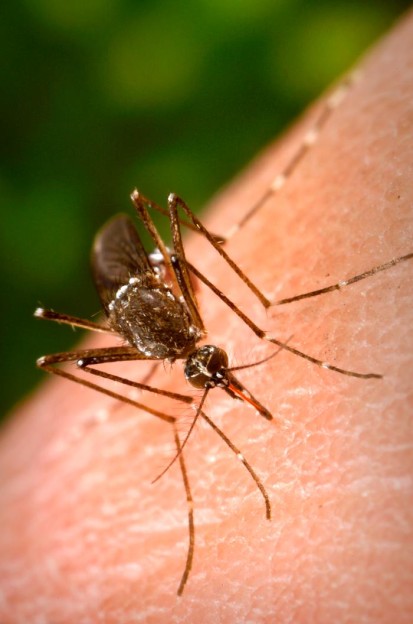The latest dengue fever case numbers in Brazil show an increase of more than a quarter million new cases since the last update more than two weeks ago. According to the Brazilian Ministry of Health, the country has seen 746,000 dengue cases during the first 3 1/2 months of 2015.

This is up 234 percent compared to the same period in 2014.
The dengue related death toll in Brazil now stands at 229 (a 45% increase compared to last year). In 2013, Brazil reported 1.4 million dengue fever cases.
The outbreak season has also had a financial impact of the ministry’s dengue budget. According to the Ministry (computer translated), in just four months, the Ministry of Health has performed R $ 8.1 million, or 60% of the R $ 13.7 million in the budget of the General Coordination of the National Program for Dengue Control (NPDC) for 2015. The It represents an increase of 37% compared to 2014, when were executed R $ 5.9 million.
These features are intended, among other purposes, to finance studies and research on the disease. It is the coordination, financing strategic actions for the consolidation of public policies advocated by the program, which will be reversed in benefits for the control and fight against dengue. In recent years, the Ministry of Health has invested in studies to define the best dengue vaccine usage strategy when it is available, clinical studies to identify risk factors for severe forms of dengue epidemics prediction models and in the preparation and response to the introduction of chikungunya fever.
Funding for dengue combat actions, conducted through the floor Surveillance Fixed Health, registered an increase of 31.89% over the last four years, from R $ 947.7 million in 2012 to 1.25 billion, in 2015. In addition to dengue, resources are intended to implement health surveillance actions, including surveillance, prevention and control of communicable diseases; surveillance and prevention of diseases and non-communicable diseases and their risk factors; Surveillance of environmental risks in health; management of surveillance information into national health systems and that enable health situation analysis; surveillance of workers’ health and health promotion actions passed.
The Ministry of Health has strengthened in April, the placement of anti-dengue campaign and chinkungunya in municipalities with higher incidence. Conveyed since November, the campaign has the slogan “The danger has increased. And everyone’s responsibility too. ”
To combat the proliferation of Aedes aegypti Ministry of Health recommends some preventive measures, including: maintaining the water tanks and other enclosed water storage containers; place the bottles with the mouth down; not let accumulated water on the slab or gutters; keep closed trash; put sand in the dishes of plants, among others.


6 thoughts on “Dengue cases rise in Brazil, as does dengue spending”